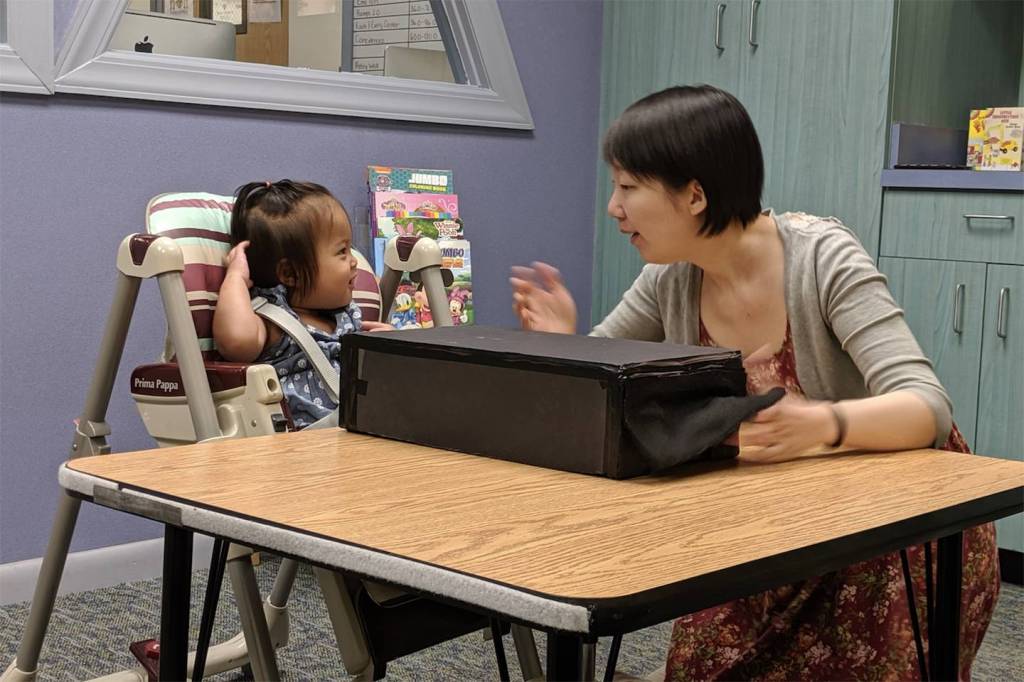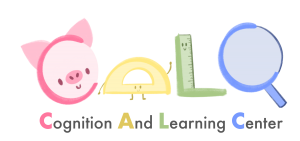Research
The Cognition and Learning Center studies how our mind works and how it develops, such as how we understand concepts like “red,” “friend,” and “42.” We are located in the Psychology Department at Rutgers University – New Brunswick. We are also affiliated with the Rutgers Center for Cognitive Science.

How children construct mathematical thoughts
Math is often associated with school and instructions. Many people find it very difficult and unintuitive. However, children seem to have an intuitive sense for math long before they start formal schooling. For example, without counting, a child is able to tell that 10 cookies is more than 5. But without symbolic numbers, children cannot represent thoughts like “42.” How do children go from their nonsymbolic intuitions to symbolic mathematical thoughts? What role does memory and language play in this process? What about social and environmental factors, such as parental input?

Curiosity, motivation, and persistence
Beyond cognitive skills, what we find interesting and whether we want to spend effort on largely decide what we end up accomplishing. What factors influence what children find interesting and when children want to give up? Does children’s own knowledge level influence their curiosity and motivation? How are children’s motivation influenced by those around them? Are there gender differences in children’s propensities and who they want to learn from?

Intuitive beliefs about the world
Children spontaneously form their own beliefs as they interact and experience the outside world. For example, children can easily understand how others think and feel. What are these beliefs like? How do they change as children grow? And how do changes in children’s beliefs impact their motivation and interests? We interview preschool and school-age children to find out what they think about physical objects, biological events, as well as the human mind.
Become a collaborator!
